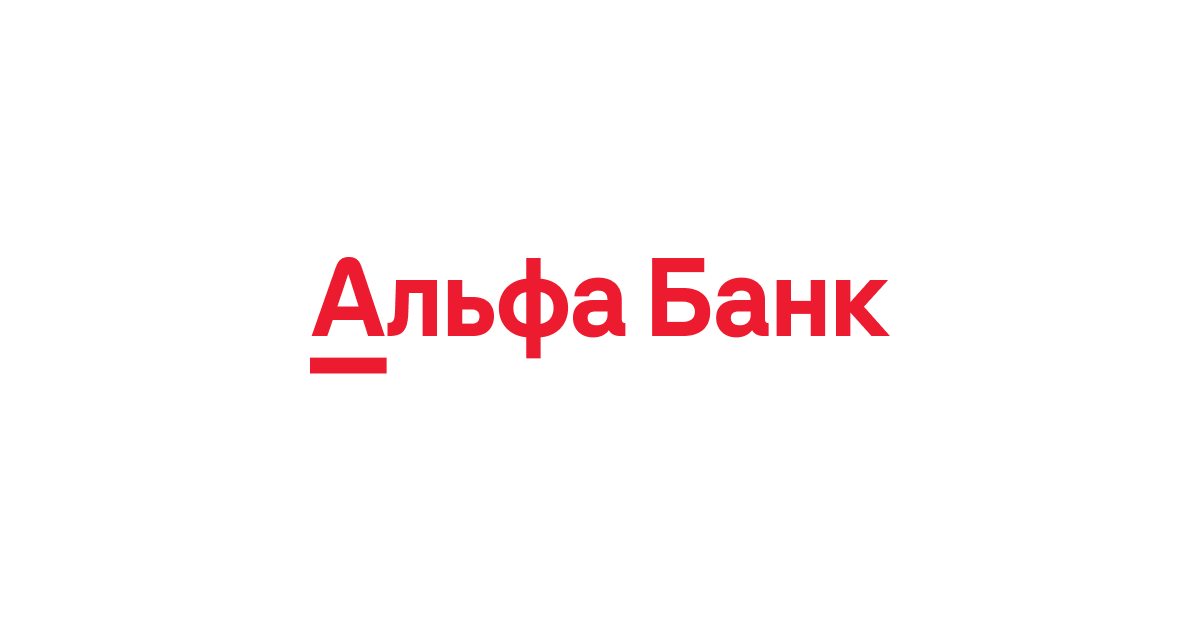The Shifting Landscape of Russian Business and Technology** **
July 25, 2024, 4:01 pm
**
In the heart of Russia, the business and technology sectors are undergoing a seismic shift. The pulse of innovation beats louder, while regulatory changes and market dynamics create a complex tapestry of opportunity and challenge. This article delves into the latest developments shaping the landscape, from the rise of fitness investments to the emergence of new tech startups.
The International Olympic Committee (IOC) has announced a groundbreaking initiative: the first Olympic eSports Games, set to take place in 2025 in Saudi Arabia. This move signals a recognition of the growing influence of digital competition. Traditional sports are evolving, and the IOC is keen to embrace this new frontier. The digital arena is no longer a side show; it’s front and center.
Meanwhile, in the realm of education, a new startup called Verbatica is making waves. Founded by a graduate of MGIMO, Nikita Savilov, this platform has secured $700,000 in funding from the UAE. It aims to teach Arabic and English using artificial intelligence. Language learning is no longer confined to textbooks. It’s about cultural immersion and understanding. Verbatica is a bridge to new worlds.
On the corporate front, Apple faces a potential $38 billion fine in Spain for alleged antitrust violations. The company is accused of imposing unfavorable conditions on app developers. This investigation, which could last two years, highlights the scrutiny tech giants face in a rapidly changing regulatory environment. The stakes are high, and the outcome could reshape the app economy.
In Russia, the Central Bank has mandated a two-day hold on suspicious money transfers. This move aims to protect consumers from fraud. If a transfer is linked to scammers, banks must refund the customer within 30 days. It’s a proactive step in a digital age where financial transactions are often a double-edged sword.
The State Duma has taken a significant step in regulating cryptocurrency mining. A new bill requires miners to register and declare their income. Additionally, advertising for cryptocurrencies will be banned. This regulatory framework aims to bring order to a chaotic market. It’s a balancing act between innovation and oversight.
Air travel in Russia is becoming more expensive. The average cost of domestic flights has risen by 17% this year, exceeding 7,300 rubles. Airlines claim that this price increase reflects the current market dynamics. Travelers must now navigate a landscape where every ticket comes with a heavier price tag.
In the tech sector, Yandex shares have begun trading under the ticker YDEX on the Moscow Exchange. This marks a new chapter for the company, which has long been a staple of the Russian internet landscape. Investors are watching closely as Yandex navigates the complexities of the market.
Despite a skills gap, many employers are still eager to hire promising candidates. A staggering 59% of companies are willing to onboard individuals lacking the necessary skills, opting instead to provide mentorship. This trend underscores a shift in hiring practices, focusing on potential rather than perfection.
The wine market is also experiencing change. Due to high import duties on wine from "unfriendly" countries, Russian importers are exploring new sources. Brazil and India are now on the radar for alcohol imports. This pivot reflects a broader strategy to adapt to economic pressures.
In Moscow, a legal battle is brewing over a building owned by IT company Lanit. Authorities are seeking to demolish part of the structure, claiming it was built illegally. This building, a cultural heritage site, has been in Lanit’s possession since 1995. The clash between preservation and regulation is palpable.
Wildberries, a major player in the e-commerce space, has transferred 27 subsidiaries to a joint venture with Russ. This move is part of a broader strategy amid personal and corporate restructuring. The company is also undergoing leadership changes, signaling a shift in its operational approach.
The Russian government is considering grants for AI startups, potentially offering up to 50 million rubles. This initiative, part of a federal project, aims to bolster the burgeoning AI sector. However, details remain murky, and the final decision is yet to be made.
In the world of finance, a blogger known for her "Desire Marathon" has settled a tax debt of 230 million rubles, but her total debt still stands at 677 million rubles. This saga highlights the financial pressures facing influencers in a digital economy.
The IPO market is heating up. The developer APRI has seen its book of applications oversubscribed at the upper limit of its price range. This could lead to a significant influx of capital, with trading on the Moscow Exchange set to begin soon.
In the tech sphere, Pavel Durov, the founder of Telegram, has registered on a dating service called TON Dating. This move adds a personal touch to the tech mogul’s public persona. Meanwhile, Telegram has removed monetization for Russian channels just days after its launch, leaving users and analysts puzzled.
The Russian railways have introduced a feature allowing customers to view photos of train cars before purchasing tickets. This transparency is a welcome change in an industry often criticized for its lack of customer service.
However, the banking sector is facing challenges. A recent DDoS attack has disrupted services for major banks, including Sberbank and VTB. The attack, allegedly orchestrated from abroad, raises concerns about cybersecurity in an increasingly digital world.
In conclusion, the Russian business and technology landscape is a dynamic arena. From regulatory changes to innovative startups, the environment is ripe with potential. As companies adapt to new realities, the future remains uncertain yet full of promise. The dance between innovation and regulation will continue, shaping the trajectory of this vibrant market.
In the heart of Russia, the business and technology sectors are undergoing a seismic shift. The pulse of innovation beats louder, while regulatory changes and market dynamics create a complex tapestry of opportunity and challenge. This article delves into the latest developments shaping the landscape, from the rise of fitness investments to the emergence of new tech startups.
The International Olympic Committee (IOC) has announced a groundbreaking initiative: the first Olympic eSports Games, set to take place in 2025 in Saudi Arabia. This move signals a recognition of the growing influence of digital competition. Traditional sports are evolving, and the IOC is keen to embrace this new frontier. The digital arena is no longer a side show; it’s front and center.
Meanwhile, in the realm of education, a new startup called Verbatica is making waves. Founded by a graduate of MGIMO, Nikita Savilov, this platform has secured $700,000 in funding from the UAE. It aims to teach Arabic and English using artificial intelligence. Language learning is no longer confined to textbooks. It’s about cultural immersion and understanding. Verbatica is a bridge to new worlds.
On the corporate front, Apple faces a potential $38 billion fine in Spain for alleged antitrust violations. The company is accused of imposing unfavorable conditions on app developers. This investigation, which could last two years, highlights the scrutiny tech giants face in a rapidly changing regulatory environment. The stakes are high, and the outcome could reshape the app economy.
In Russia, the Central Bank has mandated a two-day hold on suspicious money transfers. This move aims to protect consumers from fraud. If a transfer is linked to scammers, banks must refund the customer within 30 days. It’s a proactive step in a digital age where financial transactions are often a double-edged sword.
The State Duma has taken a significant step in regulating cryptocurrency mining. A new bill requires miners to register and declare their income. Additionally, advertising for cryptocurrencies will be banned. This regulatory framework aims to bring order to a chaotic market. It’s a balancing act between innovation and oversight.
Air travel in Russia is becoming more expensive. The average cost of domestic flights has risen by 17% this year, exceeding 7,300 rubles. Airlines claim that this price increase reflects the current market dynamics. Travelers must now navigate a landscape where every ticket comes with a heavier price tag.
In the tech sector, Yandex shares have begun trading under the ticker YDEX on the Moscow Exchange. This marks a new chapter for the company, which has long been a staple of the Russian internet landscape. Investors are watching closely as Yandex navigates the complexities of the market.
Despite a skills gap, many employers are still eager to hire promising candidates. A staggering 59% of companies are willing to onboard individuals lacking the necessary skills, opting instead to provide mentorship. This trend underscores a shift in hiring practices, focusing on potential rather than perfection.
The wine market is also experiencing change. Due to high import duties on wine from "unfriendly" countries, Russian importers are exploring new sources. Brazil and India are now on the radar for alcohol imports. This pivot reflects a broader strategy to adapt to economic pressures.
In Moscow, a legal battle is brewing over a building owned by IT company Lanit. Authorities are seeking to demolish part of the structure, claiming it was built illegally. This building, a cultural heritage site, has been in Lanit’s possession since 1995. The clash between preservation and regulation is palpable.
Wildberries, a major player in the e-commerce space, has transferred 27 subsidiaries to a joint venture with Russ. This move is part of a broader strategy amid personal and corporate restructuring. The company is also undergoing leadership changes, signaling a shift in its operational approach.
The Russian government is considering grants for AI startups, potentially offering up to 50 million rubles. This initiative, part of a federal project, aims to bolster the burgeoning AI sector. However, details remain murky, and the final decision is yet to be made.
In the world of finance, a blogger known for her "Desire Marathon" has settled a tax debt of 230 million rubles, but her total debt still stands at 677 million rubles. This saga highlights the financial pressures facing influencers in a digital economy.
The IPO market is heating up. The developer APRI has seen its book of applications oversubscribed at the upper limit of its price range. This could lead to a significant influx of capital, with trading on the Moscow Exchange set to begin soon.
In the tech sphere, Pavel Durov, the founder of Telegram, has registered on a dating service called TON Dating. This move adds a personal touch to the tech mogul’s public persona. Meanwhile, Telegram has removed monetization for Russian channels just days after its launch, leaving users and analysts puzzled.
The Russian railways have introduced a feature allowing customers to view photos of train cars before purchasing tickets. This transparency is a welcome change in an industry often criticized for its lack of customer service.
However, the banking sector is facing challenges. A recent DDoS attack has disrupted services for major banks, including Sberbank and VTB. The attack, allegedly orchestrated from abroad, raises concerns about cybersecurity in an increasingly digital world.
In conclusion, the Russian business and technology landscape is a dynamic arena. From regulatory changes to innovative startups, the environment is ripe with potential. As companies adapt to new realities, the future remains uncertain yet full of promise. The dance between innovation and regulation will continue, shaping the trajectory of this vibrant market.



